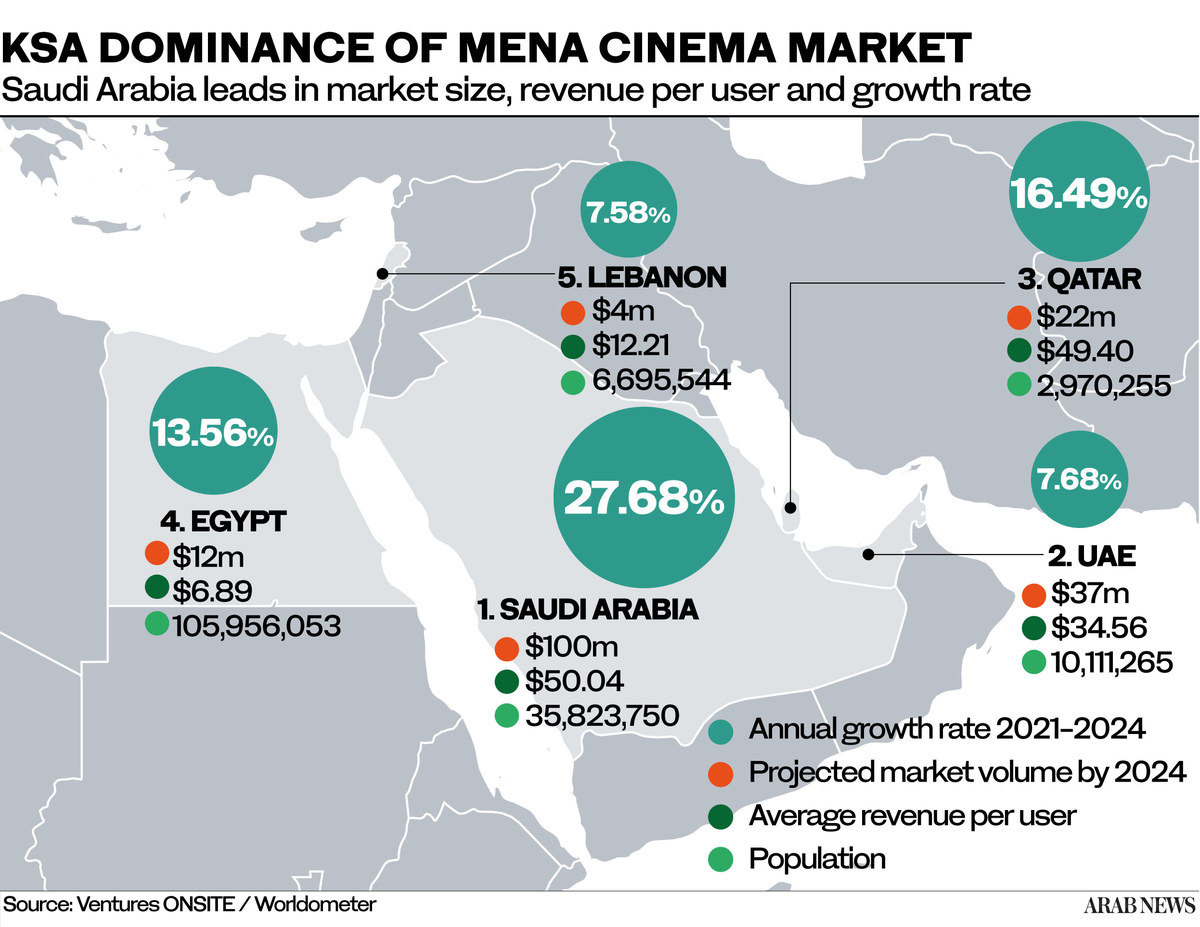
The study, which evaluates employment growth based on various economic and labor market indicators, places Saudi Arabia at the forefront of job creation. This achievement is attributed to the country's strategic economic reforms and investment in key sectors. Under the Vision 2030 plan, Saudi Arabia has focused on diversifying its economy away from oil dependency and fostering growth in non-oil industries, including technology, healthcare, and tourism.
Economic diversification efforts have significantly contributed to the surge in employment. The government has launched numerous initiatives aimed at enhancing job opportunities for its citizens, including programs that promote entrepreneurship, innovation, and skills development. Additionally, there has been a concerted push to attract foreign investments, which has further fueled job creation and economic activity.
The report also notes that Saudi Arabia's success in employment growth is closely tied to its robust infrastructure development projects. Major investments in infrastructure, such as the construction of new cities, transportation networks, and industrial zones, have generated thousands of jobs and contributed to the overall economic dynamism.
Another key factor behind Saudi Arabia's impressive employment growth is its proactive labor market policies. The government has implemented various reforms to improve labor market flexibility and support job seekers. Initiatives include enhancing vocational training programs, revising labor laws to better align with market needs, and providing incentives for companies to hire local talent.
Saudi Arabia's employment growth contrasts with trends observed in several other nations where job creation has lagged. Countries grappling with economic instability or slow recovery from recent recessions have experienced slower progress in reducing unemployment rates. In comparison, Saudi Arabia's proactive and forward-thinking strategies have positioned it as a model for successful employment growth.
The Kingdom's emphasis on improving workforce skills and matching them with market demands has also played a crucial role. By aligning educational programs with industry needs and fostering public-private partnerships, Saudi Arabia has been able to effectively address skills mismatches and enhance the employability of its workforce.
The ongoing developments in Saudi Arabia's labor market reflect a broader shift towards a more diversified and resilient economy. As the country continues to implement its Vision 2030 goals, it is expected to maintain its leading position in global employment growth. The positive outcomes of these efforts serve as a benchmark for other nations striving to achieve similar successes in job creation and economic advancement.
Overall, Saudi Arabia's prominence in the employment growth index underscores the effectiveness of its economic strategies and labor market reforms. The Kingdom's progress serves as a testament to the potential benefits of comprehensive and well-targeted economic policies in fostering job creation and enhancing overall economic performance.
Topics
Spotlight
